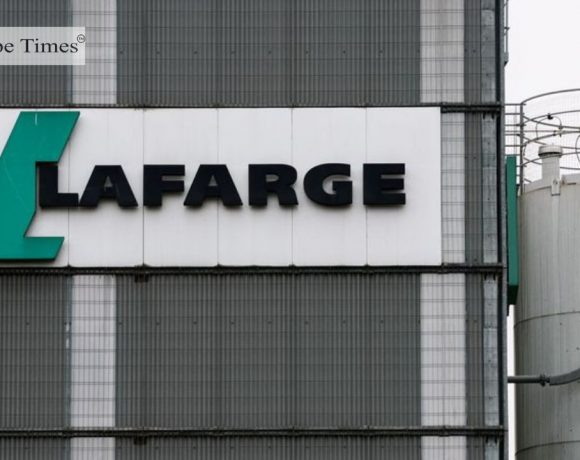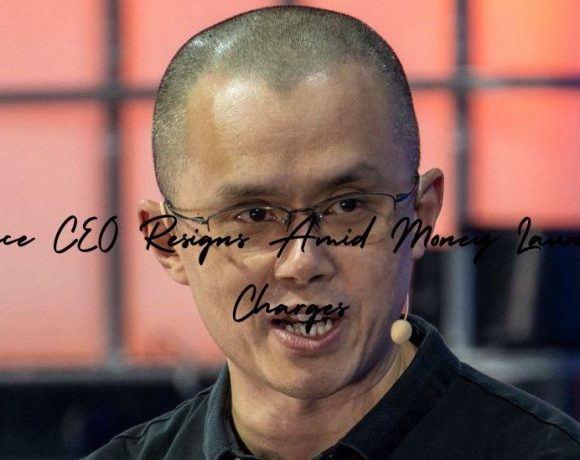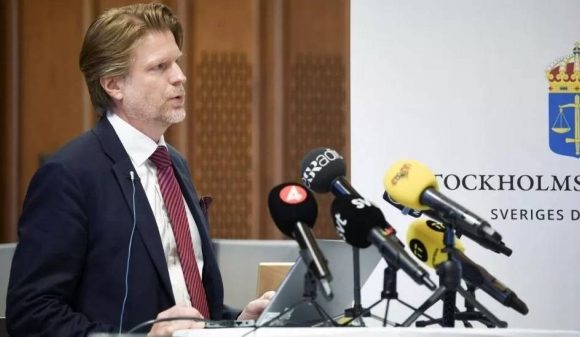
Italian authorities have arrested nine people accused of raising around €7 million over more than two years, allegedly funneling the funds to Hamas. The money, reportedly collected under the guise of humanitarian aid for Palestinian civilians, was instead sent to the militant group through a “complex fundraising system,” according to a police statement. More than €8 million in assets were seized as part of the investigation.
The operation was carried out jointly by Italy’s counter-terror and financial police. The probe, which began after the October 7, 2023 Hamas attack in southern Israel, identified suspicious financial transactions linked to the suspects. Investigators said the fundraising network was headquartered in Genoa with branches in Milan, and that over 71% of donations intended for Gaza civilians were diverted to Hamas’s military wing and support for families of suicide bombers or detained terrorists.
Among the arrested is Mohammad Hannoun, president of the Palestinian Association in Italy, who denied close ties to Hamas but acknowledged supporting the Palestinian cause. Italy’s Interior Minister Matteo Piantedosi praised the police effort while emphasizing the presumption of innocence at this stage of the investigation. Hannoun maintained that his support is for the “legitimate resistance of the Palestinian people” and not for terrorist activities.
Pic courtesy: google/ images are subject to copyright



